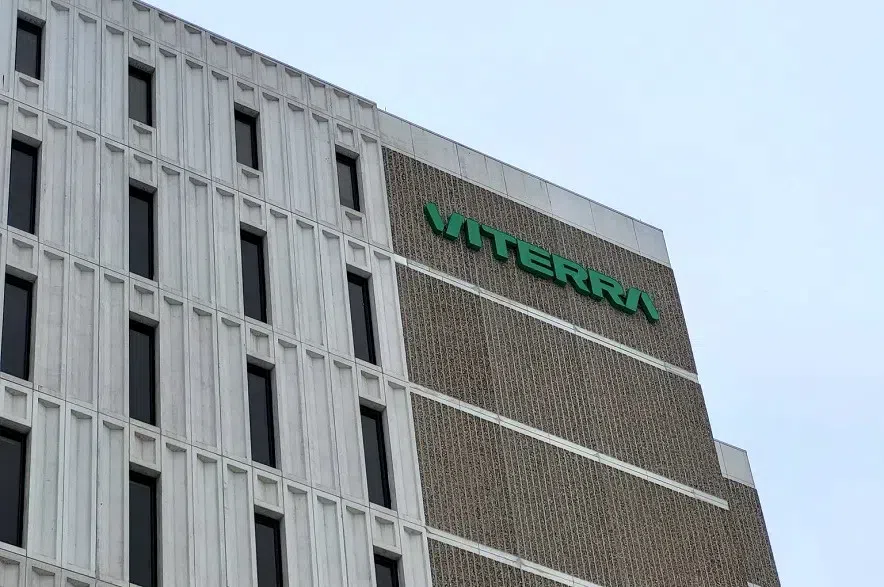This story was first published on RealAgriculture.com on July 2, 2025.
The takeover of Viterra by Bunge is complete, just over two years since it was first announced and just two weeks after clearing the final approval in China.
On Wednesday, Bunge Global SA announced the merger with Viterra Limited officially closed, marking the creation of giant global agribusiness.
Read More:
- Sask. Wildlife Federation helping landowners control gopher populations
- Drought support for farmers coming from provincial, federal governments
- ‘Worst we’ve seen’: Maple Creek, Enterprise join growing list of RMs declaring drought emergency
“Today is a defining moment for our company and our global team as we complete this transformative business combination. I’m grateful to our colleagues whose energy, collaboration and commitment brought us to this milestone,” said Greg Heckman, Bunge’s CEO.
The combined company will be positioned to “connect farmers in the world’s largest production regions to areas with the fastest-growing consumption,” Bunge said.
As previously announced, Bunge will continue to be led by Greg Heckman, CEO, and John Neppl, Bunge’s CFO. Viterra CEO David Mattiske joins the Bunge executive leadership team in the role of co-COO alongside Julio Garros, most recently Bunge’s co-president of agribusiness. As co-COOs, they will jointly oversee commercial activities including the global commodity value chains, country/regional management teams, renewable fuels initiatives, regenerative agriculture solutions, and industrial operations and safety.
In January, Canadian farm groups voiced concerns following Canada’s approval of the deal, including concerns about decreased competition, and said the government’s conditions for approval didn’t go far enough to address these concerns.
Conditions for Canadian approval, given in January of this year, include the sale of five Viterra grain elevators and one Bunge elevator in the vicinity of Bunge’s canola crush plants in Altona, Man., and Nipawin, Sask. Bunge is also required to invest at least $520 million in the Canadian market over the next five years, implement governance measures aimed at maintaining G3’s independence, and maintain Bunge Canada’s head office in Regina, Sask. for at least five years, among other requirements.
A University of Saskatchewan study found the acquisition of Viterra could result in more than $700 million in annual economic losses to Canadian farmers. The study, which was supported by APAS, Alberta Grains, Sask Barley, and Sask Wheat, found farmgate revenue would potentially be affected in three primary areas: higher export basis due to concentration at the Port of Vancouver, lower canola prices as a result of crush consolidation, and overall reduced competition between primary elevators across the prairies.
Listen to RealAg on the Weekend, Saturdays at 4 p.m. and Sundays at 1 p.m. on 650 CKOM and 980 CJME.











